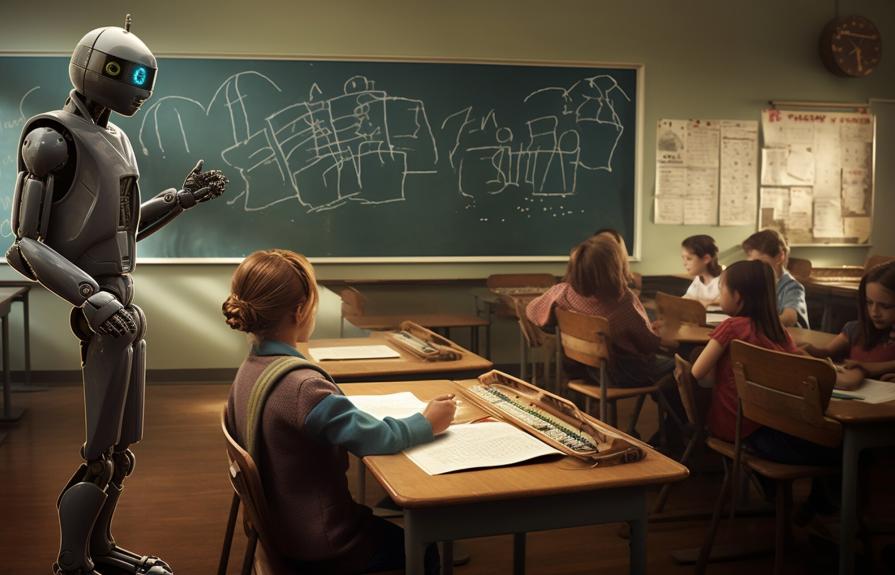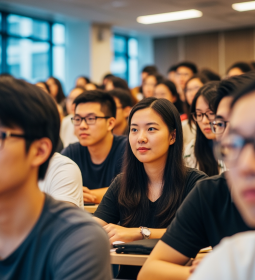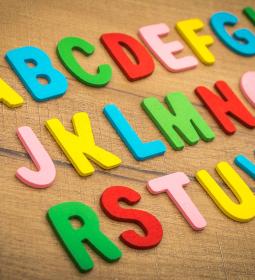How to explain to a child why he should read books? You can try to offer your child to choose a profession of the future, because with the advent of artificial intelligence, either those who surpass artificial intelligence in skills and are able to understand its algorithms will be able to find a job, or... For example, hairdressers.
Although, who knows, maybe there will be robot hairdressers soon?
The first option requires creative thinking, erudition, and the ability to analyze. The second is the availability of experience, practical skills, but apparently soon the market will be overcrowded with such professions, because the level of school and university education is falling.
What Educators Say: AI and Academic Integrity
In the summer, a large-scale study was conducted among teachers of universities and colleges. It turned out that teachers are not enthusiastic about the influence of neural networks: they note an increase in academic dishonesty, a deterioration in students' skills, and a decrease in the quality of content that they submit as their works.
According to Wiley Publishing, 68% of educators around the world are skeptical about the impact of AI on students and the educational process.

But most of all, real stories speak about the problem. One of the survey respondents shared: to the question "What pleased you lately?" he answered: "The student did the work himself. Wrong, but myself." An alarm bell...
Senseless prohibitions and useless measures
A logical step is to ban the use of AI in educational work. But how? There have already been attempts, but, as the teachers themselves admit, they are of little use. In one university, for example, a student is now required to indicate what kind of AI he uses. But who will check if this is true? Anti-plagiarism systems are also not a panacea: they can only analyze graduation papers, and are not available for tests and regular essays.
In addition, research shows that the problem of dishonesty has existed before. For example, a survey conducted at 40 universities in the United States showed that 70% of students have cheated at least once! And the most interesting thing is that after the appearance of ChatGPT, this figure did not grow, but even decreased slightly.
Maybe it's not about AI?
Then why are students increasingly resorting to algorithms? Most likely, the reason is in the format of the studying tasks itself. If the work is reduced to retelling information and linking, then, of course, a neural network can easily cope with this. The question is, why should a student spend time on this if it is enough to enter a couple of requests into ChatGPT? So the problem is not that students use AI, but that they don't see the point in their assignments.

What tasks of the neural network are not yet up to the task?
To really test knowledge, you need to change the very approach to education: rewriting essays should become a thing of the past, the emphasis should be on creative and analytical tasks that AI alone cannot cope with. For example:
- In-depth context analysis. Why do revolutions end in success in one country and failure in another?
- Practical application of knowledge. How can the infrastructure of your hometown be improved?
- Fact-checking. Which of the popular historical myths are actually not true?
Such tasks require the student to think, search for non-standard solutions, and critical thinking.
Higher Education: Rebuilding the System
AI has already forced many professions to change — now it's the turn of education. Fundamental education must become truly fundamental again:
- The study of not only specialized disciplines, but also logic, rhetoric, philosophy,
- Skills of discussion, argumentation, interaction with other people,
- Development of analytical thinking and the ability to see the connections between different spheres.

In fact, this is a return to classical university education, where not just the amount of knowledge is important, but the ability to think, reason, and analyze.
Choosing between a flashlight and a spotlight
Letting a student out into the world with only applied skills is like giving him a flashlight in a dark forest: this way he will see only a narrow section of the path. But if he learns to analyze, make logical connections, and understand the broad context, he will have a spotlight that illuminates a much larger space!
This is the new role of education in the age of AI: not to fight technology, but to teach people to be one step ahead of it.









